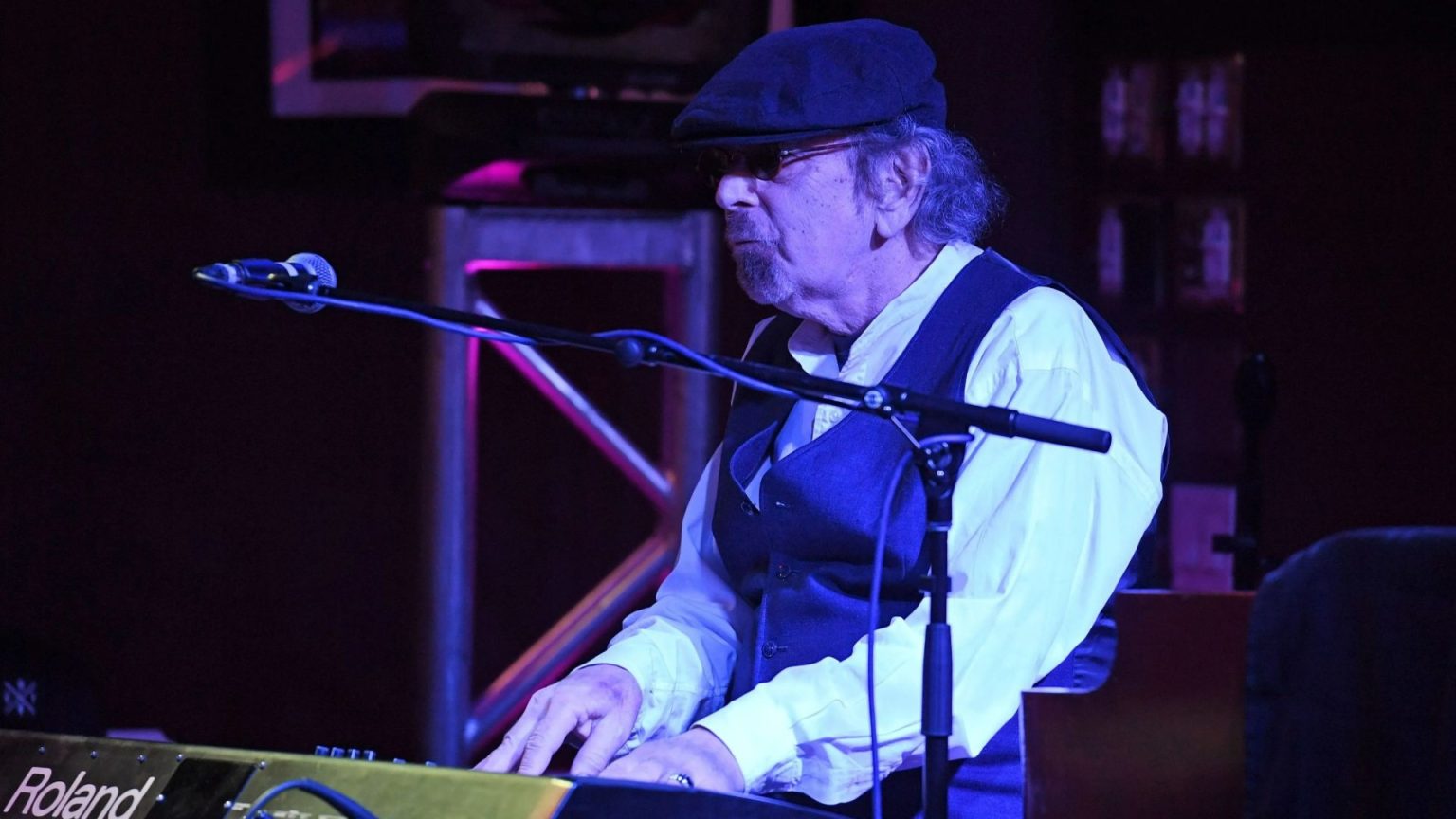Barry Goldberg, the iconic keyboardist whose vibrant career spanned decades and genres, has passed away at the age of 83. His death, confirmed by his representative Bob Merlis, occurred in hospice care following a ten-year battle with non-Hodgkin lymphoma. Goldberg’s wife, Gail, and son, Aram, were by his side during his final moments. His passing marks the end of an era, leaving a void in the music world and a legacy that will continue to inspire generations of musicians. From his early days in Chicago’s blues scene to his collaborations with rock legends, Goldberg’s distinctive keyboard work left an indelible mark on the landscape of American music.
Goldberg’s musical journey began in his native Chicago, a city steeped in blues and jazz traditions. He honed his skills alongside fellow musicians like Mike Bloomfield and Harvey Mandel, forming the Electric Flag, a pioneering fusion band that blended blues, rock, and soul. This experience laid the foundation for his eclectic musical approach, characterized by a fluid blend of genres and a willingness to experiment with different sounds. His virtuosity on the keyboard, coupled with a deep understanding of musical form, allowed him to seamlessly transition between bluesy riffs, jazzy chords, and rock and roll rhythms. This versatility made him a sought-after collaborator, attracting the attention of some of the biggest names in music.
One of the defining moments in Goldberg’s career was his participation in Bob Dylan’s controversial performance at the 1965 Newport Folk Festival. Dylan’s decision to plug in and embrace electric instruments was met with mixed reactions from the folk purists in the audience, some of whom booed and jeered. Amidst the controversy, Goldberg’s electrifying keyboard playing stood out, adding a new dimension to Dylan’s sound and ushering in a new era for folk music. This performance became a pivotal moment in music history, marking a turning point in Dylan’s career and solidifying Goldberg’s place as a key figure in the evolving soundscape of the 1960s.
Beyond his collaboration with Dylan, Goldberg’s career was marked by a series of impactful projects. He released his self-titled debut album in 1973, produced by none other than Bob Dylan himself. The album showcased Goldberg’s songwriting prowess and his ability to craft compelling narratives through music. He continued to release albums throughout his career, exploring various musical styles and collaborating with a diverse range of artists. His contributions extended beyond the stage and the recording studio; he also composed music for film and television, further showcasing his versatility and creative range.
Goldberg’s impact on music extends far beyond his individual accomplishments. He was a mentor and an inspiration to countless musicians, sharing his knowledge and passion for music with those around him. He fostered a sense of community among musicians, creating spaces for collaboration and experimentation. His dedication to his craft and his unwavering commitment to artistic expression served as a model for aspiring musicians, encouraging them to push boundaries and explore new sonic territories.
In remembering Barry Goldberg, it’s important to recognize not only his musical talent but also his character. He was known for his kindness, generosity, and unwavering support for fellow musicians. His family has requested that, in lieu of flowers, donations be made in his name to the Bear League, an organization dedicated to protecting black bears and their habitat. This gesture reflects Goldberg’s love for nature and his commitment to causes beyond the realm of music. His legacy will continue to resonate through his music, his mentorship, and his enduring spirit of generosity.




